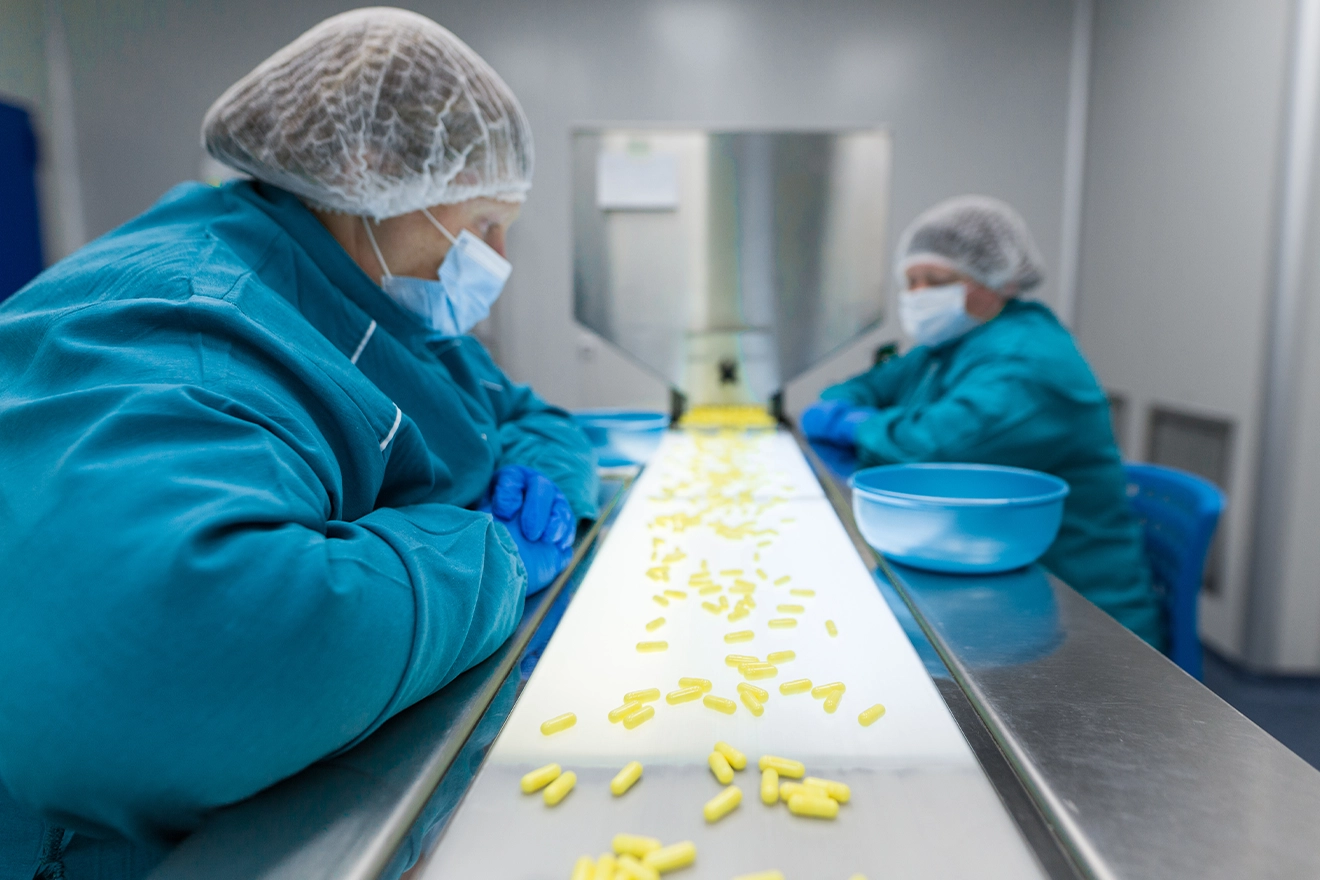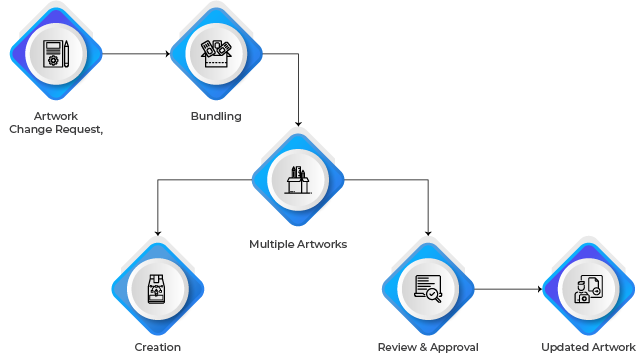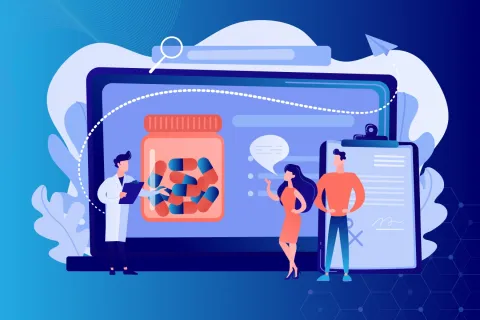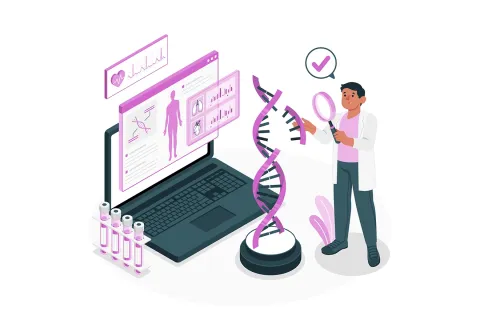
Introduction
Packaging artworks are subject to frequent changes, ranging from Regulatory updates, safety-related variations, and label expansions to branding adjustments and market-specific requirements. Managing these packaging supply chain changes efficiently is critical to ensuring compliance, avoiding delays, and reducing operational costs.
One of the most impactful strategies gaining traction among leading pharma companies is Artwork Bundling—grouping multiple related changes into a single change request. When implemented correctly, this approach can significantly optimize workflow efficiency and simplify Regulatory coordination. The approach has benefited the supply chain in better planning and procurement cycles.

High-level workflow
What is Artwork Bundling?
Artwork Bundling refers to the process of consolidating multiple artwork changes—such as Regulatory updates, marketing revisions, or safety text modifications—into a single, unified change request. Rather than handling each update as a separate change control request, bundling enables cross-functional teams to evaluate, approve, and implement changes collectively.
Why is Artwork Bundling Important?
Pharmaceutical companies often manage thousands of SKUs across different markets. With such complexity, processing individual artwork changes can be time-consuming, error-prone, and expensive. Bundling offers tangible benefits, including:
- Reduced Review Cycles
- Minimized Compliance Risks
- Cost Efficiency
- Faster Time to Market
Simplified Artwork Change Management
An artwork management system can help enable artwork bundles for a company to manage artwork changes.
Companies must ensure their Artwork Management System (AMS) is equipped with specific capabilities to implement artwork bundling successfully. Here is a breakdown of essential features:
| Feature | Description | Benefit |
| Multi-Change Request Handling | Ability to initiate, track, and manage multiple changes of similar nature under one request | Reduces administrative effort and processing time. |
| Impact Analysis | Identifies which SKUs, markets, and documents are affected by bundled changes. | Improves change traceability and Regulatory compliance. |
| Parallel Workflow Management | It allows multiple changes to be reviewed and approved concurrently based on the market or SKU concerned. | Speeds up approvals while maintaining control. |
| Automated Notifications and Escalations | System-generated alerts to stakeholders for approvals, reviews, or delays. | Enhances transparency and accountability. |
| Version Control and History Tracking | Maintains historical versions for each change component within the bundle. | Ensures audit-readiness and data integrity. |
| Bundling Rules Configuration | The system should enable ‘change of similar nature’ to be processed. Maybe a dropdown of the type of change can be used as input. | Prevents compliance violations by ensuring only compatible changes are grouped. |
Best Practices for Implementing Artwork Bundling
- Define Bundling Criteria: Establish clear guidelines on what types of changes can be bundled based on Regulatory and operational factors.
- Train Stakeholders: Ensure all teams involved understand the bundling process. This may increase the workload, but it efficiently manages multiple changes at a time.
- Pilot and Scale: Begin with a pilot program to evaluate the impact and adjust the process before rolling it out enterprise-wide.
- Monitor KPIs: To assess success, track efficiency metrics such as cycle time reduction, error rates, and cost savings.
Conclusion
Bundling of packaging artwork changes not only benefits the Regulatory team but also empowers the supply chain. Artwork Bundling offers substantial benefits to the supply chain; it minimizes the frequency of packaging material changeovers at manufacturing sites, reduces inventory obsolescence, and supports better planning and procurement cycles. By synchronizing artwork changes across multiple SKUs or markets, companies can avoid fragmented rollouts, reduce the risk of stockouts, and enable more agile and responsive supply chains. This strategic alignment between Artwork and Supply Chain functions ultimately leads to improved time-to-market and cost savings across the product lifecycle."
At Freyr Solutions, we help pharma and life sciences companies design and implement intelligent Artwork Management processes that support bundling and other advanced capabilities. Reach out to learn how we can help optimize your global artwork operations.









